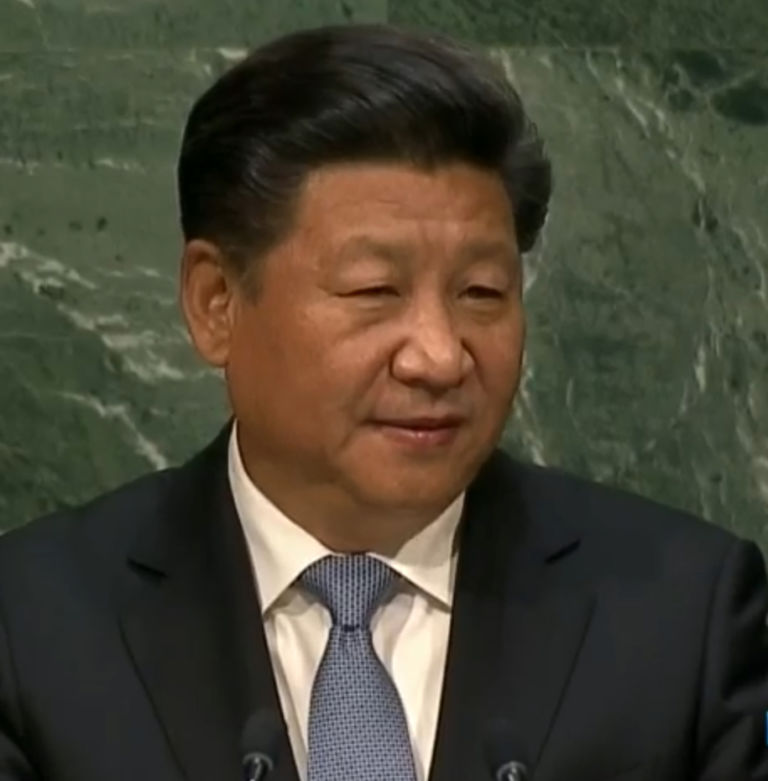Veronique de Rugy writes for National Review Online about a painful lesson for some Chinese residents.
Many were impressed with how Chinese government officials spending enormous amounts of money on industries, infrastructure, and other grandiose projects. Few reports, however, go back and look at how these projects affect the country’s finances. That’s why I thought this recent New York Times report on how Chinese cities are now buried in debt as a result of their pursuit of debt-financed public spending was interesting.
A tidbit:
For nearly three decades, China’s local governments were the envy of the world. They seemed to have unlimited resources to binge-build airports, roads and industrial parks, many of which were funded by selling land. …
According to official data, China’s 31 provincial governments owed around $5.1 trillion at the end of 2022, an increase of 66 percent from three years earlier. An International Monetary Fund report puts the number at $9.5 trillion, equivalent to half the country’s economy…
China is full of wasteful infrastructure that the government likes to brag about but that doesn’t serve the most urgent needs of the public.
The article goes on to explain that the burden of the debt means that cities have to cut local public services:
In their struggle to find the money to fund their new projects, and the interest payments on their old ones, cities are cutting public services and benefits.
Shangqiu is one of more than 20 towns and cities in China where bus services were shut down or put in peril because local governments had failed to provide the necessary operating funds. Wuhan and other cities cut health insurance. Still others slashed the pay of government workers. …
… The budgetary crunch has worsened since the value of land collapsed while interest payments on the debt rose quickly. Nevertheless, local-government officials continue to spend on local projects without the money to pay for them. It seems like these officials can’t quit the fact that new construction looks good on paper while they can brag about creating jobs.


